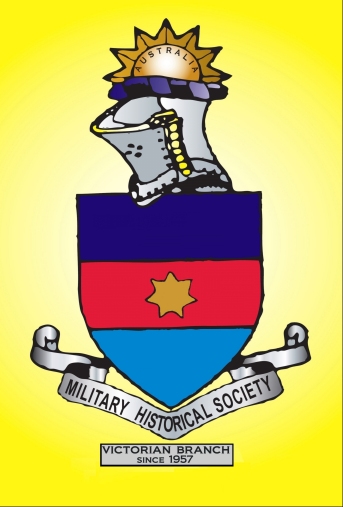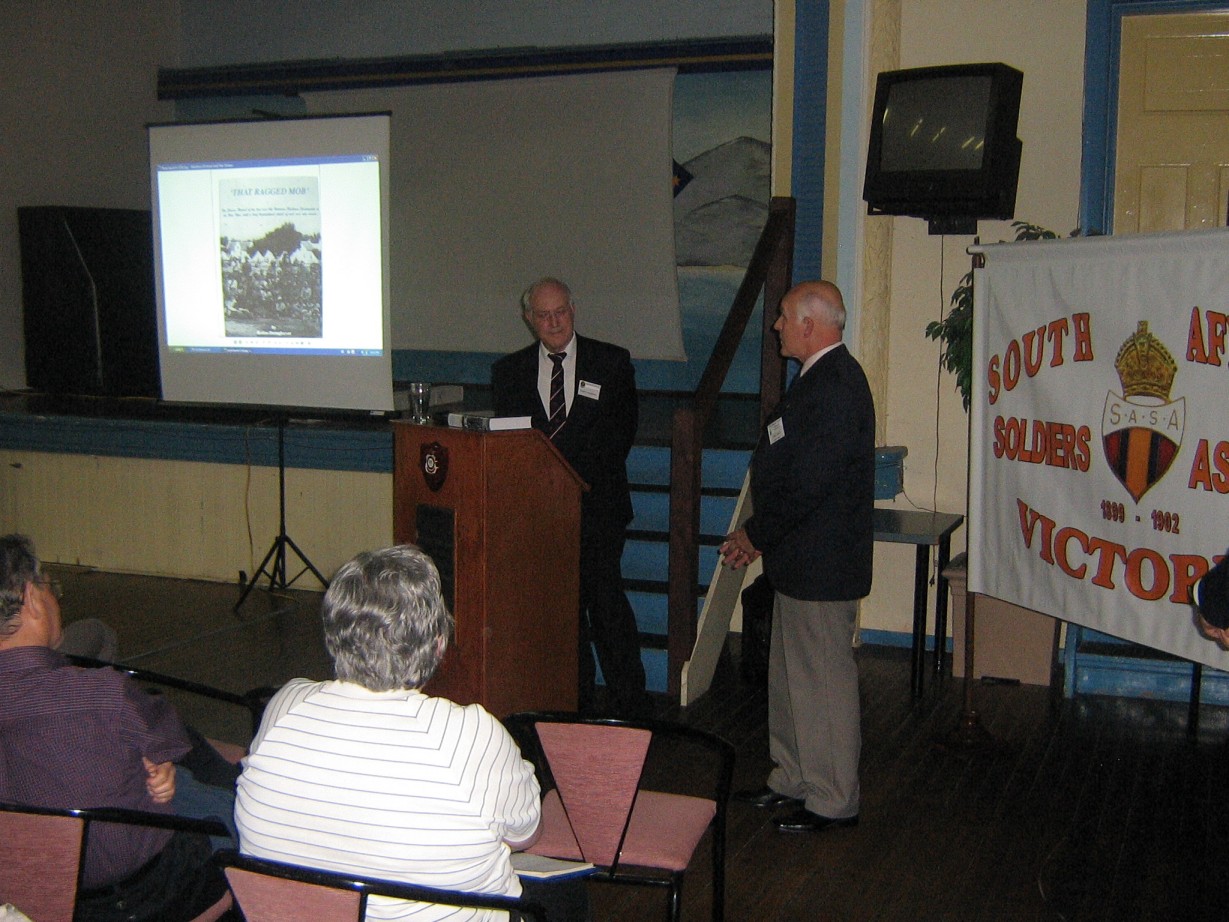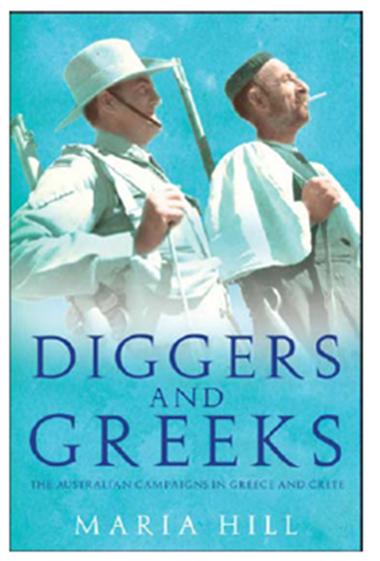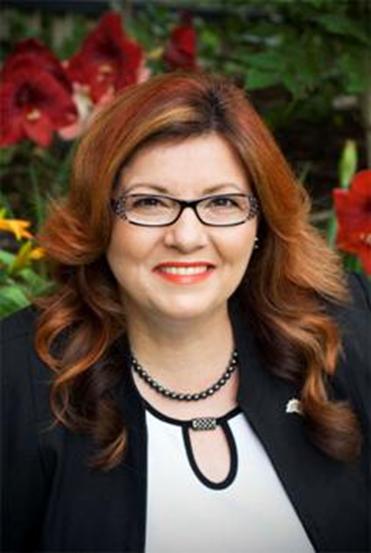MEDIA RELEASE 12 June 2009
Victorian military history and heritage buffs move to new ‘headquarters’ at the Oakleigh-Carnegie RSL
The Military History Society of Australia Victoria Branch is moving in June to a new ‘headquarters’ at the Oakleigh RSL in Drummond Street Oakleigh.
MHSA (Victoria) president Robby Dalton said “We are looking forward to holding our monthly meetings at Oakleigh RSL with its long joint service traditions. The military heritage environment is important to our members and the Oakleigh RSL has made us very welcome.”
The MHSA (formed in 1957) Victoria branch meets on the fourth Thursday of each month at 8 PM. Membership comprises military and family historians, collectors, ex-service members and others with an interest in Australia’s military history and heritage. “Most monthly meetings see guest speakers present on a range of topics”, said Mr. Dalton. “For example, this year we have heard presentations on the Charge at the Nek, Australian detention camp ‘scrip’, the early Rifle Club Movement; the battle of Long Tan, the Russian Anzacs, and on June 25, the ‘Gibraltar of the South’, about Melbourne’s fixed defences in the 19th century.”
Over Easter 2010 the Victorian Branch will host the MHSA’s biennial conference.
Guests and new members are always welcome.
MEDIA RELEASE 8 June 2009
Honours list: DOUG HUNTER
DOUG Hunter’s first response upon learning he was given awarded the Medal (OAM) of the Order of Australia in today’s Queen’s Birthday Honours List was “immense shock”.
“I had not the slightest inkling,” he said.
“My initial reaction was that you shouldn’t be recognised for something you love doing.”
Mr Hunter has been the manager of the 8/13 Victorian Mounted Rifles Museum at Bandiana since the 1990s and he has been the president of the Albury and District Historical Society since 2004.
He spent 31 years in the Army reserve, both in Australia and overseas in New Guinea and served in Vietnam in 1969.
Returning to Albury, he went back into the Victorian Mounted Rifles and remained there until his retirement at age 50.
Mr Hunter then worked at the Albury Wodonga Development Corporation.
He took over the museum’s regimental collection in Victoria Street, Albury, prior to its move in 2000 to Bandiana.
“We have a large archive of letters, brief histories, diaries and a lot of material from families who were asking ‘what do we do with this?’,” he said.
“We don’t have many vehicles and a small collection of weapons because we have tried to keep the weapons relevant.”
Upon his retirement from the Army, Mr Hunter attended the Riverina Murray Institute of Higher Education, the predecessor of Charles Sturt University, to complete a Bachelor of Arts majoring in history.
He later completed a Bachelor of Literature with honours in strategic studies at Deakin University.
Mr Hunter has written My Corps Cavalry, the 13th Light Horse in France and The 13th Battery Australian Field Artillery 1914-1918, and is now completing The Albury Drill Hall 1885-2000.
He is also editor of the Albury Historical Society’s bulletin and is a member of the Albury-Wodonga branch of the Military Historical Society of Australia.
Most recently he has turned his focus to family history and is planning to research and write his family’s story for his children and grandchildren.





